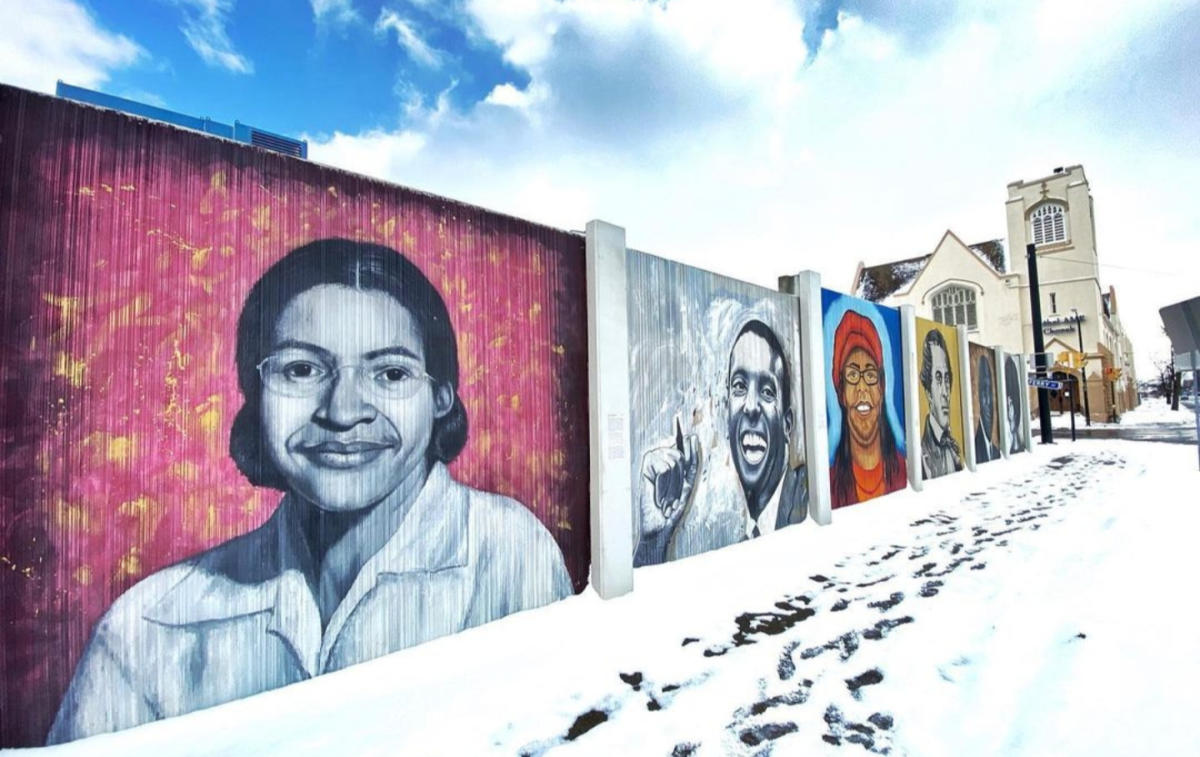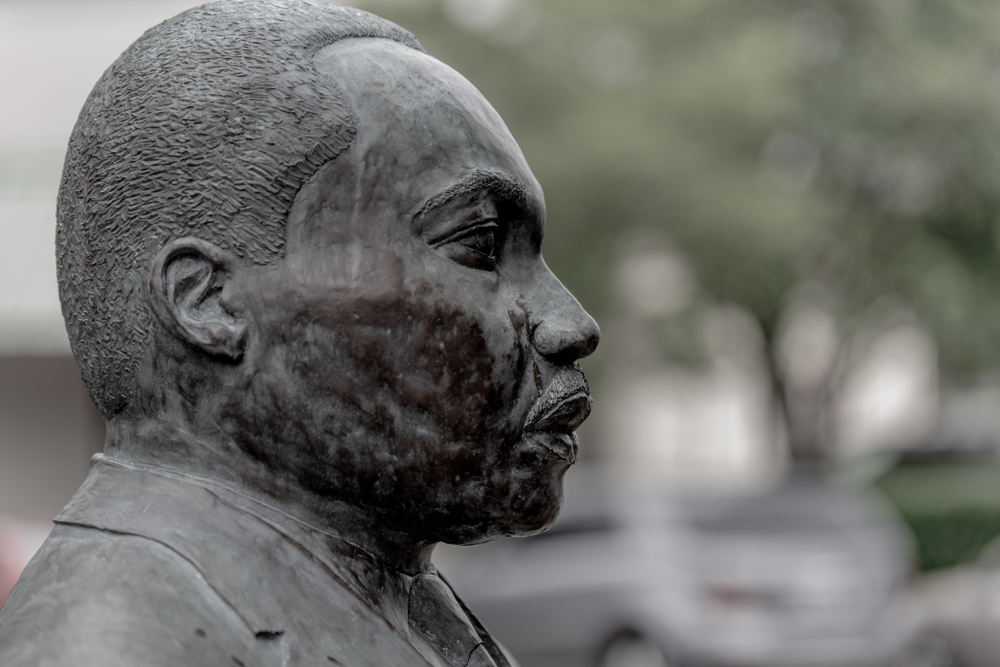- BlackVoter.Org
- Posts
- BlackVoter.Org
BlackVoter.Org

Explore the vibrant tapestry of Black history and culture in New York State! This engaging destination celebrates the legacies of trailblazers like Shirley Chisholm and Jackie Robinson while showcasing the birthplace of hip-hop. Throughout the state, you can participate in dynamic events like the Juneteenth Festival in Buffalo and the month-long Harlem Week summer festival.
Uncover remarkable sites such as Harriet Tubman National Historic Park and the North Star Underground Railroad Museum, along with cultural institutions like the iconic Apollo Theater. From enthralling Black art to inspiring leaders and local businesses, New York offers a rich array of experiences.

Join the Musical Crossroads Highlights Tour at the National Museum of African American History and Culture for an engaging exploration of African American music history! On June 21, 2025, from 10:00 AM to 12:00 PM, this free, docent-led tour meets at the Musical Crossroads exhibit. Discover how music has woven together the rich tapestry of African American experiences, from the arrival of the first Africans to contemporary sounds.
With tours at both 10:30 AM and 11:30 AM, it’s an incredible opportunity to immerse yourself in the cultural stories that have shaped America.

In a move that has sent shockwaves through the political landscape, President Donald Trump has relocated the iconic bust of Rev. Dr.
Martin Luther King Jr. from the Oval Office to a private dining room in the White House.
This controversial decision has ignited a fierce backlash on social media, as critics interpret it as a troubling sign of the administration's diminishing commitment to civil rights. The bust, once a symbol of America’s evolving dedication to equality, has been overshadowed by the restoration of Winston Churchill's bust, raising eyebrows about which leaders are prioritized.
The fallout has reached such magnitude that the NAACP publicly snubbed Trump, marking an unprecedented moment in its history. As America grapples with ongoing race relations discussions, this incident serves as a stark reminder of the power of presidential symbolism and its implications for the nation’s moral compass.

In a compelling exploration of the power dynamics that shape leadership, the article argues that charisma, not charm, drives the connection between leaders and their followers. Drawing on historical figures from Puritan mystics to Trump, the author asserts that charisma thrives on the ability to weave narratives that resonate with deeply held aspirations for meaning and identity, especially in an age marked by disconnection and distrust of traditional institutions.
Charisma allows leaders to reveal hidden truths, transforming followers' anxieties into a shared cosmic purpose. Unlike charm, which anyone—including AI—can replicate, true charisma captivates through its uniqueness and ability to confront social friction.
As society evolves, the search for meaningful storytelling becomes increasingly vital; Americans crave a leader who can script a vision that transcends the crises of the present. In today’s polarized climate, the need for authentic, magnetic narratives has never been more essential.

In a compelling op-ed, Kevin Cokley, a University of Michigan professor, emphasizes the importance of understanding Juneteenth and its place in American history. He shares a personal anecdote about his children, who, despite being honor students, lacked knowledge of Juneteenth's significance as the day enslaved African Americans in Texas learned of their freedom, over two years after the Emancipation Proclamation.
Cokley underscores that Juneteenth isn’t just Black history; it’s an integral part of American history that deserves recognition and education. He points out the alarming trend of erasing Black history in education, fueled by political agendas aimed at glossing over difficult truths.
As we celebrate Juneteenth, he encourages everyone to embrace learning about this pivotal moment, fostering a deeper understanding of freedom and racial history for all Americans. Cokley’s call to action highlights the need for civic literacy in a world where knowledge is power.

Congresswoman Eleanor Holmes Norton is urging a comprehensive investigation into federal advertising contracts, particularly those with minority-owned media. In a recent letter to the U.
S. Government Accountability Office, she emphasized the disparity in federal spending on advertisements, citing a 2007 report that revealed a mere five percent of $4.
3 billion in federal advertising went to minority-owned businesses. Norton, alongside representatives from the National Newspaper Publishers Association and the National Association of Hispanic Publications, seeks to champion equitable opportunities for media outlets that serve African-American and Hispanic communities.
This initiative, supported by several Democratic congressional leaders, highlights the importance of ensuring that federal contracts reflect the growing diversity of America. As the country’s largest advertiser, Norton argues that the government should allocate resources more fairly to empower minority-owned media in their mission to serve underserved populations.

On Juneteenth, celebrate African American history and culture by exploring eight remarkable museums and cultural institutions. This day commemorates the emancipation of enslaved African Americans and serves as a powerful reminder of resilience and identity.
The featured museums not only preserve vital narratives but also reflect the architectural brilliance that honors these stories in meaningful, tangible ways. From the Smithsonian National Museum of African American History and Culture to other landmarks across the country, these spaces invite public engagement, learning, and communal reflection.
Embrace the opportunity to delve deeper into the rich tapestry of African American heritage through architecture that embodies the spirit of liberation and justice. Whether you're a history buff or simply curious, these institutions promise an enriching experience that highlights the importance of representation and cultural identity in our collective journey.